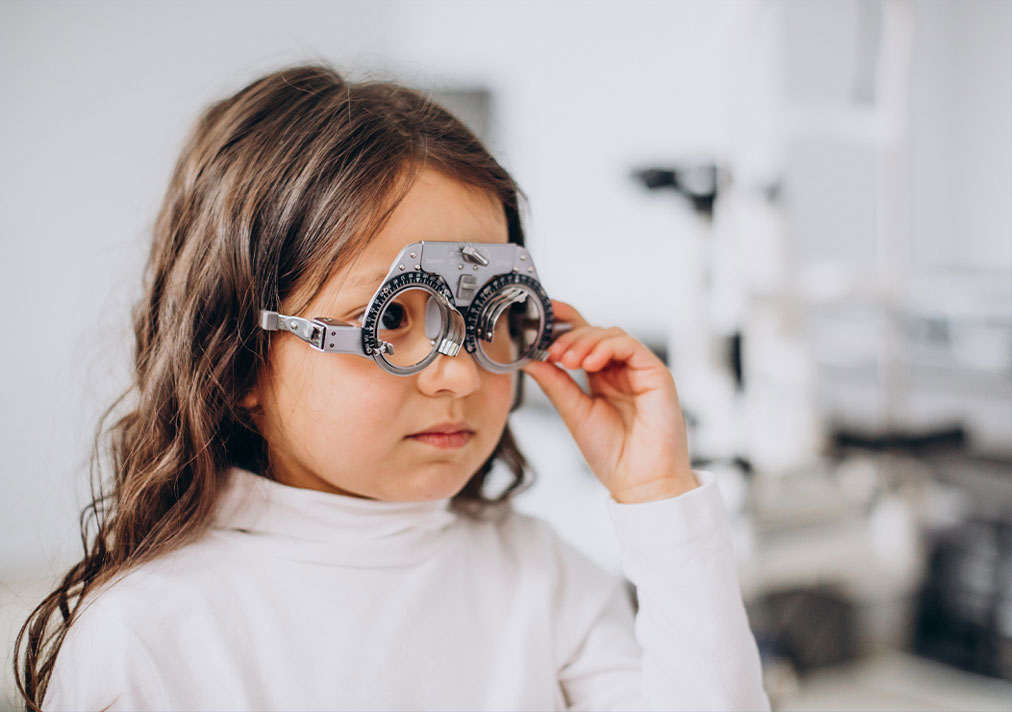Black Fungus / Mucormycosis
By: Dr. Puneet Jain MD (AIIMS, New Delhi), FCFS, Fellow New York Eye Cancer Center (U.S.A) Consultant Oculoplasty, Ocular Oncology and Facial Aesthetics Eye-Q Super-Speciality Eye Hospitals
Black fungus, also known as MUCORMYCOSIS, is a rare fungal infection. It is called “black” because of the color of the fungal growth. It is caused by exposure to mucor mold which is found in soil, manure, and rotten/decaying fruits & vegetables. It is ubiquitous, and even present in the nose/mucosa of healthy individuals.
This disease usually affects the sinuses, eye orbit, and brain. That is why it is also called “rhino-orbital-cerebral” mucormycosis. That said, there can be long term involvement.
It may be life-threatening in immunocompromised individuals (cancer patients, HIV/AIDS) and people with uncontrolled diabetes.
Risk Factors are:
- Uncontrolled Diabetes Mellitus
- Treated for COVID-19 with corticosteroids
- Treated for COVID-19 with immunomodulators
- Treated for COVID-19 with mechanical ventilation
- Prolonged oxygen therapy
- Prolonged ICU stay
- Immunocompromised state
It may be triggered by extensive use of steroids, which is a life-saving treatment for moderate to severe COVID-19 infection. Steroids lower the immunity and also cause a sudden up-shooting of blood sugar levels in diabetics as well as non-diabetic patients.
For patients on humidified oxygen, care should be taken to make sure there is no water leak, to prevent the growth of the fungus.
It is a vision-threatening and life-threatening condition. A high index of suspicion is very important here
No. As discussed, high-risk patients need to be alert. Also, while covid recovery everyone should watch out for early signs and symptoms as I will discuss further in this video.
2 To 3 weeks post-recovery is when the patients are presenting to us.
- Boost immune system- diet, hydration and exercise.
- Rational use of steroids- follow guidelines.
- Strict Blood sugar monitoring and control in all patients who are on steroids.
- Facial pain
- Facial swelling/puffiness/discoloration
- Sinus headache
- Stuffy nose
- The blurring of vision/decreased vision
- Double vision
- Drooping of eyelid
- Blood stained nasal discharge
- Dental pain
Yes. Early diagnosis and prompt multi-speciality team management both medical and surgical is a must step.
ENT and eye specialists are central to this disease. The team includes care coordination with neurosurgeon endocrinologist and microbiologist.
Red Eyes
By: Dr Deependra Vikram Singh MD AIIMS, New Delhi Retina Fellow AIIMS, New Delhi Medical Director and Chief Vitreoretinal Surgeon Eye-Q Super-Speciality Eye Hospitals
- Yes, but if you don’t have a fever, then it’s a rare symptom of COVID
- Some people start with Red-eye and then can develop fever or other symptoms of COVID like loss of taste or smell, generalized body pains, or weakness
- You should have a Video consult with an experienced Eye Doctor from our team
- Red-eye can be a simple flu, dryness, allergy, or serious problems like Keratitis, Uveitis, Scleritis, or Glaucoma and hence it needs immediate attention
- Yes, you need to consult an eye specialist as early as possible. It can be Conjunctivitis associated with COVID or any other serious fungal infections seen in COVID patients that start with red-eye
- Till you can connect with an Eye Surgeon, do not touch or rub your eyes and avoid self-medications.
- Patients are getting dry eyes during COVID recovery that can make eyes red but some of the patients who have received steroids or who were hospitalized can have an infection in the back portion of the eye, so you need to consult an eye doctor.
- This can be an infection by black Fungus. (please refer to the out FAQ section on “BLACK FUNGUS”
Yes, you should continue your eye drops and you should also consult your eye doctor and seek his or her opinion for further treatment
Unlikely. But you can catch simple eye flu at the vaccination site. Seek a Video consultation with an Eye Doctor for your red-eye.
- You can visit us 2 weeks after you started developing symptoms or when you tested positive provided you are completely symptom-free for the last 3 days
- Eye-Q Hospitals have ensured maximum safety for our staff and patients by safe practices like appropriate masking, social distancing, and regular periodic sanitizations.
- If you are unable to visit, you can also take an appointment for teleconsultation with a doctor. Call 1800-102-2016

